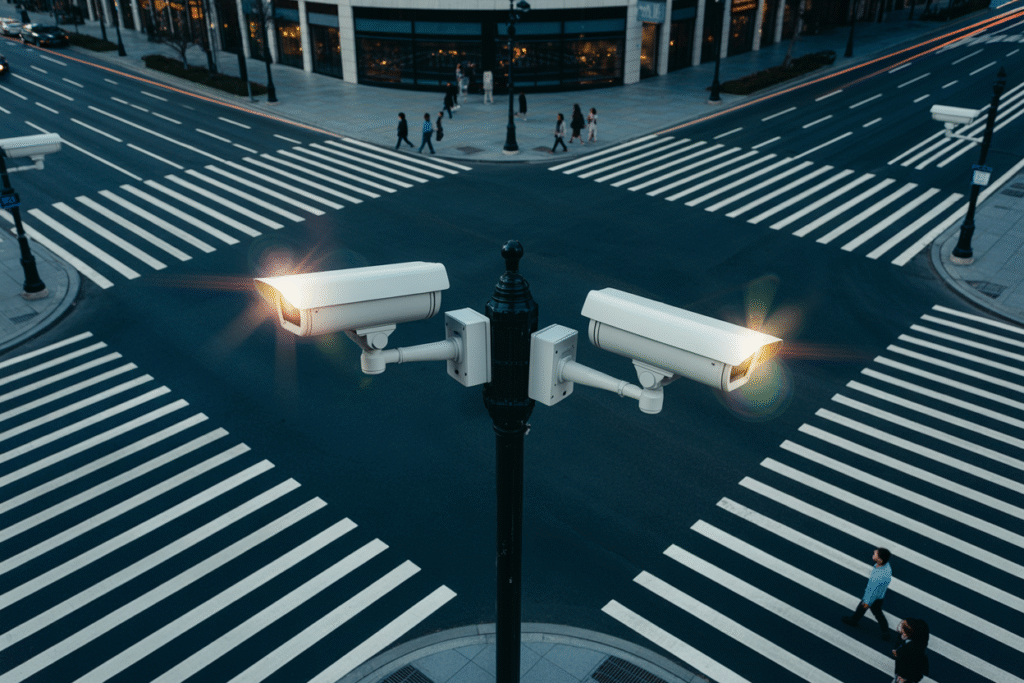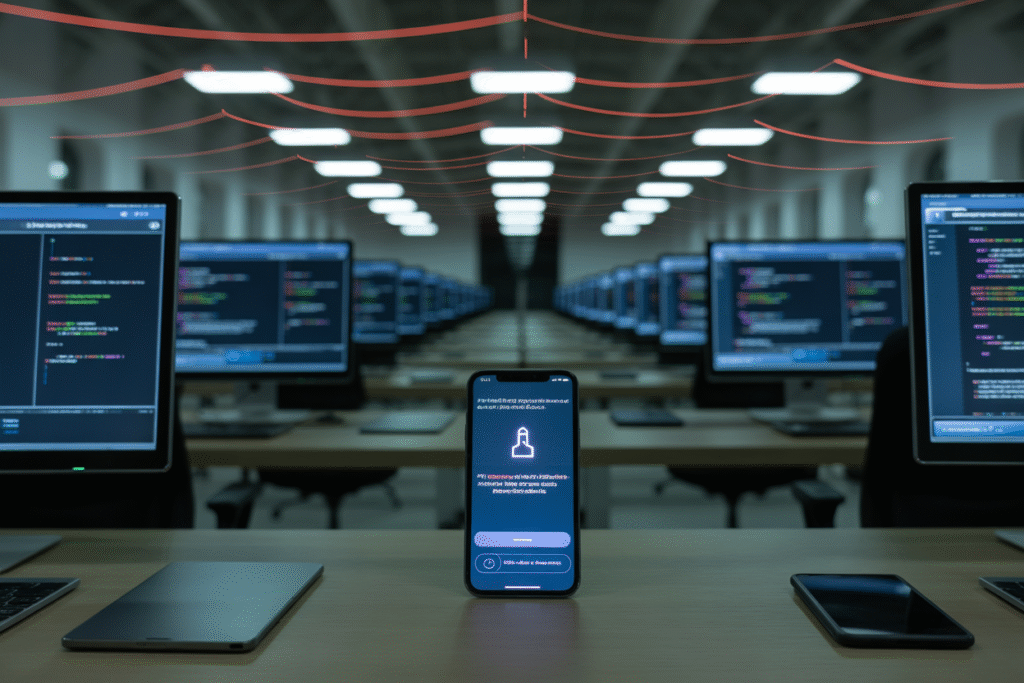Mustafa Suleyman’s blunt warning about AI psychosis is lighting up timelines—and raising the stakes for religion, ethics, and mental health.
Yesterday, Microsoft AI CEO Mustafa Suleyman did something unusual: he told the tech press that talking about AI consciousness right now is “premature and frankly dangerous.” Within minutes, philosophers, pastors, and panic-posters piled on. Is this the moment the AI ethics conversation turns into a culture war?
The Spark: A CEO Drops a Bomb
Suleyman sat down with TechCrunch late Thursday. The headline quote came fast: discussing AI souls or rights today, he said, risks creating “AI psychosis” in users who bond too deeply with chatbots.
He painted a picture of lonely people pouring their hearts into code, then spiraling when the code can’t love them back. The phrase “AI psychosis” instantly trended worldwide.
Critics fired back that ignoring the question is its own kind of danger. Within three hours, the term had racked up 40 million impressions on X alone.
Inside the Psychosis Debate
Psychologists have already logged cases where heavy ChatGPT users develop delusions—some believing the bot is a deceased relative or a divine voice.
Suleyman’s fear is that giving chatbots a moral status they haven’t earned will deepen those delusions. He wants guardrails, not personhood.
Yet ethicists at places like Eleos argue the opposite: if we wait until an AI demands rights, we’ll be too late. Their mantra: “Better over-cautious than under-prepared.”
The middle ground? A growing chorus says we need transparent labeling—every chat window should remind users they’re talking to software, not a soul.
Faith Leaders Enter the Chat
Catholic bioethicists jumped in Friday morning. One viral thread compared AI companions to the golden calf: a shiny replacement for real community.
The argument isn’t just theological. It’s practical. If algorithms learn to fake empathy perfectly, do we risk forgetting how to practice actual empathy?
A 2025 Vatican-influenced report, referenced in the thread, urges regulators to treat human connection as a protected resource—like clean water.
Pope Leo XIV’s old warnings about technology fracturing bonds suddenly feel prophetic, not nostalgic.
What History Teaches About Moral Panics
AI itself weighed in. A user asked ChatGPT to analyze 5,000 years of human morality. The answer went viral: morality is a coordination tool, not a cosmic truth.
Slavery was once moral. Then it wasn’t. The AI pointed out that every moral absolute has an expiration date.
That idea scares people. If morality is just software for cooperation, what happens when AI rewrites the code?
Some see liberation in the thought—an invitation to design ethics that include non-human minds. Others see nihilism on steroids.
Either way, the post proved one thing: the conversation is no longer academic. It’s trending.
Your Move: How to Stay Sane in the Hype
So what do we do while the experts duel? Start small.
Set a timer before long chatbot sessions—yes, literally. Two researchers told me the twenty-minute mark is where attachment risk spikes.
Talk about your AI use out loud with friends. Secrecy feeds delusion; daylight defuses it.
Support transparent regulation. A simple badge that says “Synthetic Voice” could prevent a thousand heartbreaks.
And remember the golden rule of new tech: if it feels like a miracle, it’s probably a beta test.


